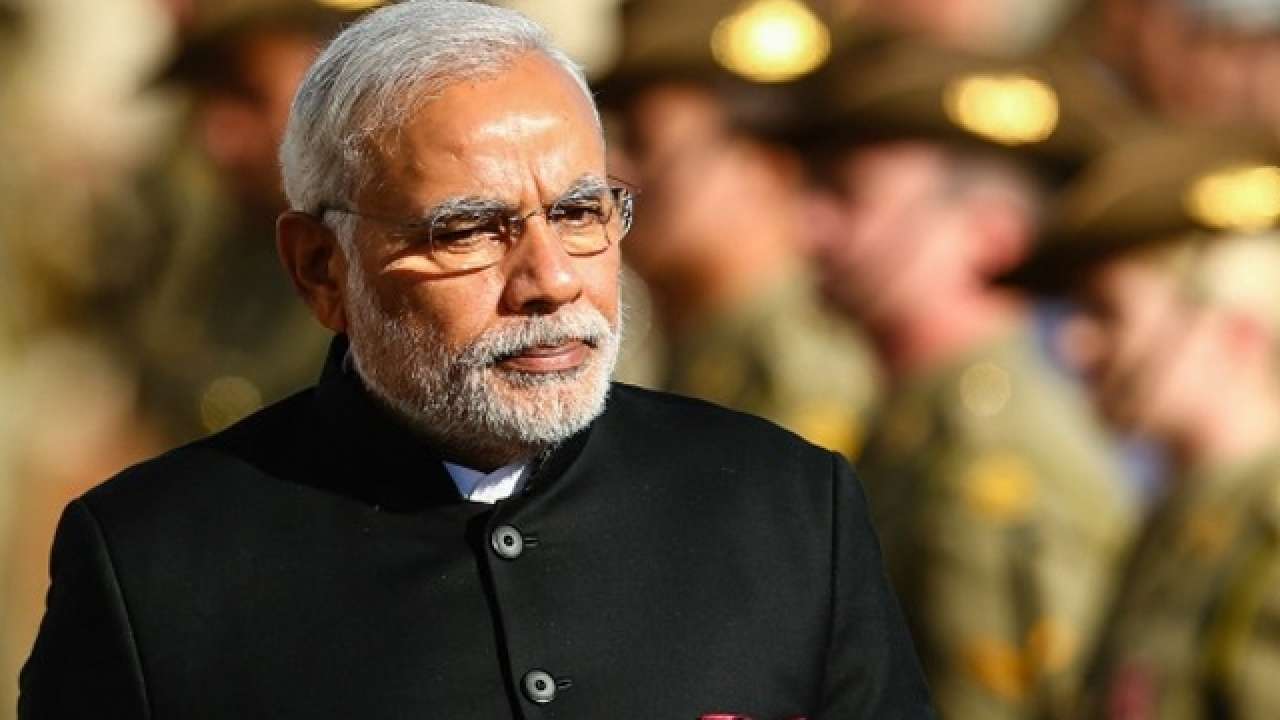
Of the many regional alliances at work, the Shanghai Cooperation Organisation (SCO) occupies a unique position. In terms of geographical coverage and population, it accounts for three-fifths of the Eurasian continent and very nearly, half of the world’s population.
Its significance can be gauged from the fact that it represents about 20% of global GDP, counting eight members — India, Pakistan, Russia, China, and four Central Asian countries — Kyrgyzstan, Uzbekistan, Kazakhstan and Tajikistan.
With widely divergent national interests, often competing with each other, it is a political, economic and security alliance that has arch-rivals India and Pakistan as members with China as coordinator. As such, its importance can be seen as a regional network that keeps the Western Bloc nations out of its purview — one of the few global groupings that do not include the United States and Great Britain and hence acts as a counterweight to the US-dominated NATO alliance.
Due to its growing centrality in the Asia-Pacific, SCO has now become the primary security pillar in the region. And it is here that Prime Minister Narendra Modi, fresh from his electoral triumph, will showcase India’s strategic interests for two days in Kyrgyzstan from June 13.
Indian diplomats have already stated that countering terrorism, Afghanistan and ties with Central Asian countries will be India’s top focus. That the Indian government takes SCO seriously was evident in the invitation to the president of the Kyrgyz Republic, Sooronbay Jeenbekov, as one of the guests of honour for PM Modi’s oath-taking ceremony.
Jeenbekov is the chair at SCO and can be sympathetic to the Indian position. The prime minister — described as ‘good friend Modi’ by the Chinese media this week — will also hold bilateral meetings with Chinese President Xi Jinping and Russian President Vladimir Putin, two important leaders present at the summit. This will be his first meeting with the Chinese leadership after the listing of Masood Azhar as an international terrorist by the United Nations.
To underline the point, India has made it clear that there will be no bilateral meeting between Modi and Pakistani premier Imran Khan, who will also be present. Both leaders will be face to face for the first time in their present capacity. India became a full member of SCO in 2017 and this is the second head of states/government meet in which New Delhi is participating as a full member.
There are good reasons why SCO has grown in importance as far as India is concerned. The SCO’s objectives are centred around cooperation between member nations on security-related concerns, military cooperation, intelligence sharing and counter-terrorism. India, one of the largest energy consuming countries in the world, is also likely to get greater access to major gas and oil exploration projects in Central Asia. Look at it anyway, India’s entry into a China-dominated body is a positive move for diplomacy and trade.